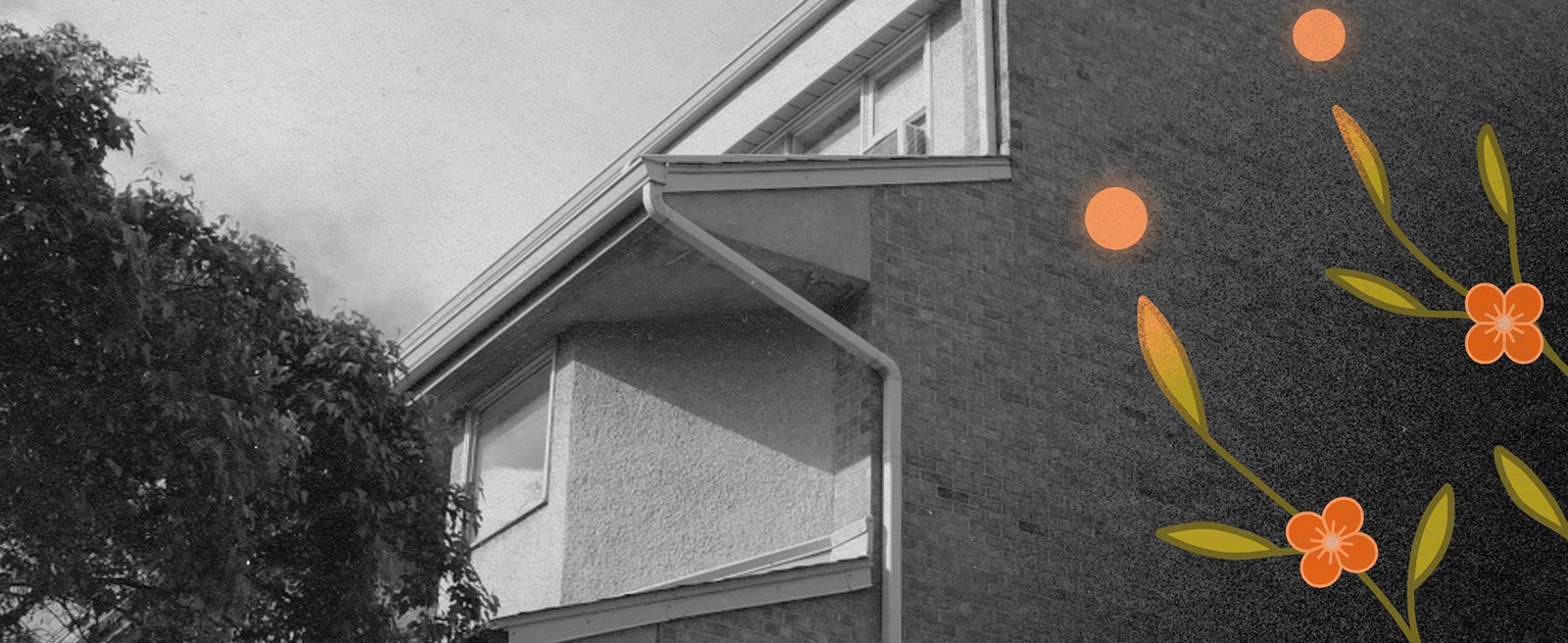Reconciliation Toolkit: Ideas for Knowing and Honouring
Published August 14, 2020

Working towards reconciliation means knowing whose traditional territory you are on, learning about rights that are currently not being respected and finding ways to respect those rights.
These suggestions for knowing and honouring are excerpted from our resource Building Better Relationships: A Reconciliation Toolkit:
- Hang a plaque that acknowledges the people and territory of the land you’re located on.
- Display maps or information of the Indigenous communities in your region, territory or province. If displaying cultural information about Indigenous peoples, ensure this is done in a respectful way.
- Research and share (plaque, website, gathering) history of how your housing co-op was developed, and how it accessed the land it is located on.
- Host learning opportunities (speakers, films, discussions) to learn more about UNDRIP, treaties and Indigenous peoples and nations.
- Seek out and promote opportunities to learn about residential schools that are happening within your community (presentations at other organizations or public libraries, film screenings, etc.).
- Coordinate a group of members from your housing co-op to attend a community event together.
- Start a reading group. Read and discuss non-fiction (like the Final Report of the Truth and Reconciliation Commission or the Report on Missing and Murdered Indigenous Women and Girls), or fiction by Indigenous authors.
- Do your own individual learning by committing to reading several books each year by Indigenous authors or registering for online learning courses, like Indigenous Canada.
Example:
CHF Canada staff started a weekly reading group to read and discuss the Executive Summary of the final report of the National Inquiry into Missing and Murdered Indigenous Women and Girls (MMIWG). We found that this helped us understand some of the issues facing Indigenous women and girls, and how each of us can have a role in supporting change and healing.
You can use the full list as a poster, or download the entire Toolkit to learn much more about how you and your co-op community can help work towards reconciliation between Indigenous and non-Indigenous people in Canada.
If your co-op is taking action on reconciliation, we’d love to hear about it. Let us know at info@chfcanada.coop.
Don't miss out on the latest co-op news, success stories, and helpful resources for your co-op. Sign up here to receive our eNews every two weeks straight to your inbox!
